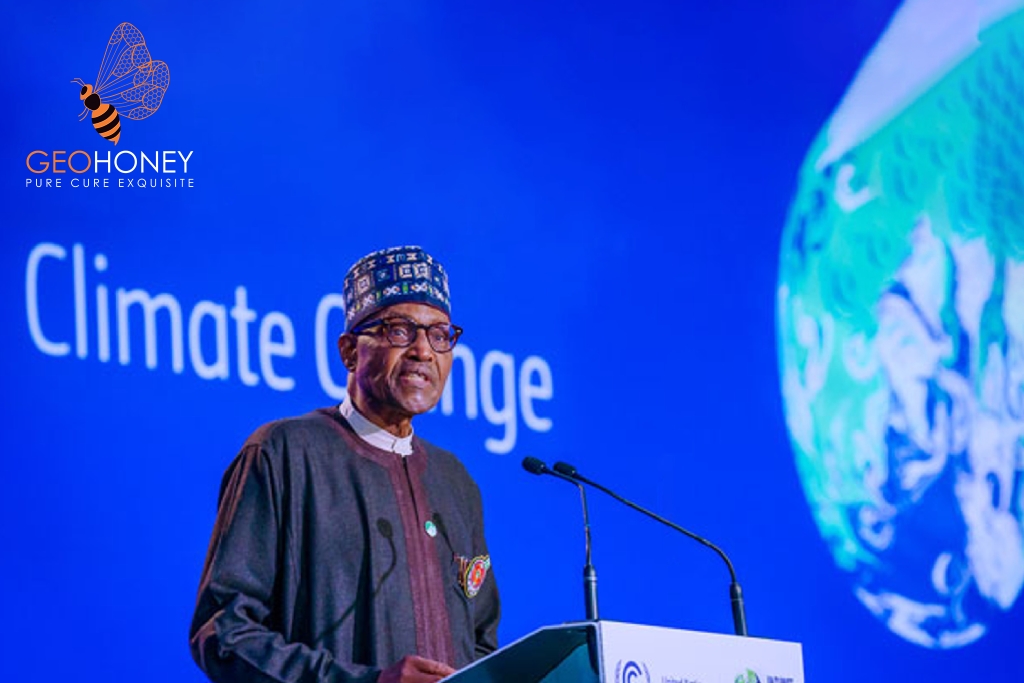- Tokyo: 12:15
- Singapore: 11:15
- Dubai: 07:15
- London: 03:15
- New York: 22:15
Environmentalists Advocate For The Implementation Of Climate Legislation

According to environmentalists, if Nigeria is to successfully confront climate change and develop a structure for sustainable growth, individuals in charge of planning and implementing the Climate Change Act (CCA 2021) must spring into action and carry out some of the law's most harsh requirements.
Samuel Onuigbo, a member representing the Ikwuano/Umuahia North/South Federal Constituency in the House of Representatives, stated that with the growing global demand for sustainable development, the Climate Change Act must be implemented in order for the country to manage and secure the environment.
"We would have a solid foundation in terms of achieving sustainable growth if we followed the Act's provisions, which are nearly all-inclusive, to ensure a sustainable and healthy environment for all," he said.
"If the council carefully adheres to the text provided in the law by effectively coordinating its activities and ensuring that the Ministries of Environment, Budget, and National Planning cooperate to enact an aggressive carbon regime for the nation, Nigeria can achieve its 20% reduction in emissions by 2030, as stated in the Nationally Determined Contributions."
In response to the latest Intergovernmental Panel on Climate Change warnings, he urged Nigeria to focus on the chart in the IPCC report, which highlights solar, wind, forest conservation, energy efficiency, and methane reduction as key solutions, to boost the country's confidence in addressing the environmental crisis.
Onuigbo recommended Nigeria to join forces with other African nations to negotiate as a unified bloc if the country is to achieve its desired outcome at this year's United Nations climate change conference (COP28) in the United Arab Emirates.
He also urged the country to learn from the UAE, whose economy was also reliant on fossil fuels but was able to invest more than $100 billion in renewable energy in response to the climate crisis.
Meanwhile, environmentalist Michael Simire stated that this was the first time in Nigerian history that such legislation focused on addressing the country's climate change phenomenon.
"It is a far-reaching blueprint that requires input from numerous sectors in order to combat climate change, ensure a decarbonized economy, and explore inherent potentials and opportunities in climate change," he said.
Source: punchng.com




Everyone can help limit climate change, from the way we travel, to the electricity we use and the food we eat we can make a difference. Start with these actions to help tackle the climate crisis.